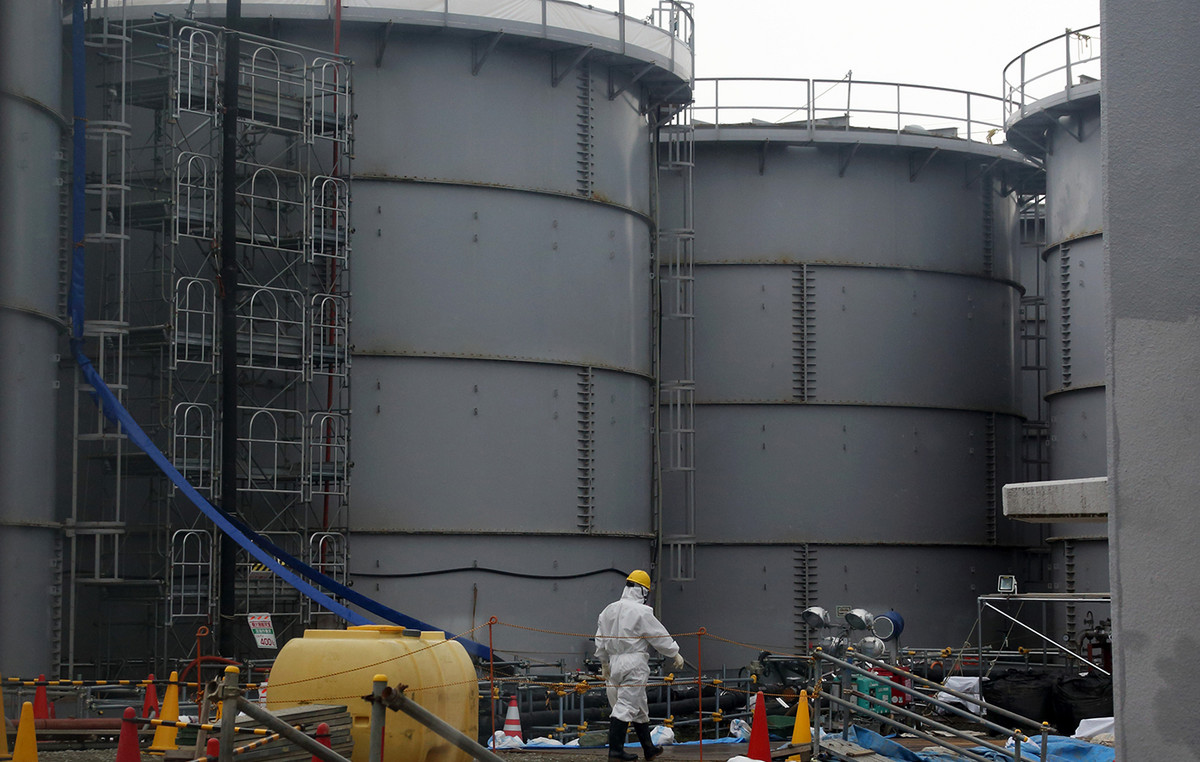Automakers chasing Tesla in the electric vehicle market are facing the challenge of choosing between making technologies in-house or buying from suppliers.
Becoming more vertically integrated is a big change for most automakers, who have depended for decades on sourcing essential parts and software and manage extensive manufacturing networks in low-labor cost countries.
But some companies are making drastic changes when it comes to choosing between buying from third parties or producing on their own. One factor is the success of Tesla’s electric vehicles, with technology developed in-house. Another is the damage done by supply chain failures during the pandemic.
“The most important thing is that we integrate vertically. Henry Ford was right,” Ford Chief Executive Jim Farley said at a conference this month. Farley’s reference was to the factory complex of the automaker’s founder, Henry Ford, in Michigan, which in the early 20th century received iron ore and other raw materials at one end and produced T Fords on the assembly line at the opposite end.
Farley said Ford had to move away from its initial strategy of buying ready-made components for electric vehicles. Now, the company intends to control the supply chains that produce the materials for batteries.
Rivals like Volkswagen, General Motors and Mercedes-Benz are pursuing similar strategies.
In 2021, Mercedes bought the British electric motor manufacturer Yasa. The German luxury car maker also opened a factory in Alabama in March to make batteries for US-made electric vehicles. The company also said it will partner with Japanese manufacturer Envision AESC to produce battery cells in the US.
The automakers’ investments in mines, engines and batteries come after decades of handing over control of development and production to suppliers capable of manufacturing semiconductors and electronic components on a larger scale and at lower cost.
Between the 1970s and 2010s, automakers’ share of vehicle intellectual property dropped from 90% to 50%, said Sam Abuelsamid, an analyst at Guidehouse Insights.
This means that many automakers lacked the engineering expertise to develop their own platforms, powertrains and batteries for electric vehicles when Tesla showed that vertically integrated models in production were a success.
But Tesla’s approach is expensive, and the company has increased vehicle prices in recent years. Despite promising to deliver a model that could start at around $25,000, Tesla president Elon Musk said this year: “We are not working on the $25,000 car. At some point, we will. But we have a lot right now.”
But there is a gap between what automakers say about vertical integration and what actually happens when engineers try to meet deadlines to deliver new vehicles.
“There’s a lot of narrative about outsourcing and vertical integration, especially in areas like software,” Kevin Clark, president of vendor Aptiv, said in February. “Virtually every equipment manufacturer we do business with has problems with software development.”
Many automakers are also hesitant to fully manufacture electric vehicles at a time when model purchases still represent only a fraction of total demand.
Today, only Tesla, startup Lucid and China’s BYD fully manufacture the engines, according to IHS Markit, as well as Hyundai and the Renault-Nissan-Mitsubishi alliance.
Source: CNN Brasil
I am Sophia william, author of World Stock Market. I have a degree in journalism from the University of Missouri and I have worked as a reporter for several news websites. I have a passion for writing and informing people about the latest news and events happening in the world. I strive to be accurate and unbiased in my reporting, and I hope to provide readers with valuable information that they can use to make informed decisions.







